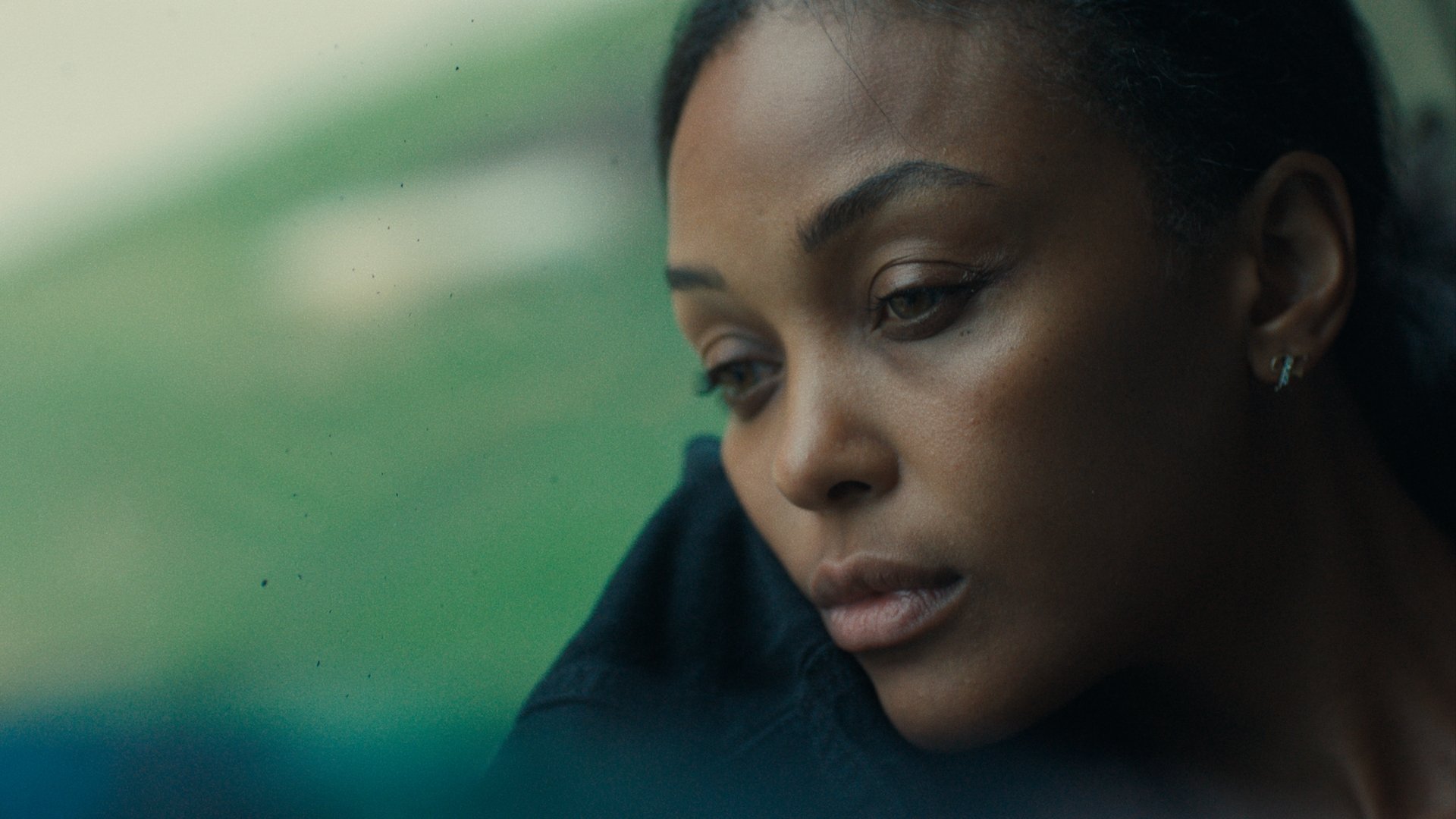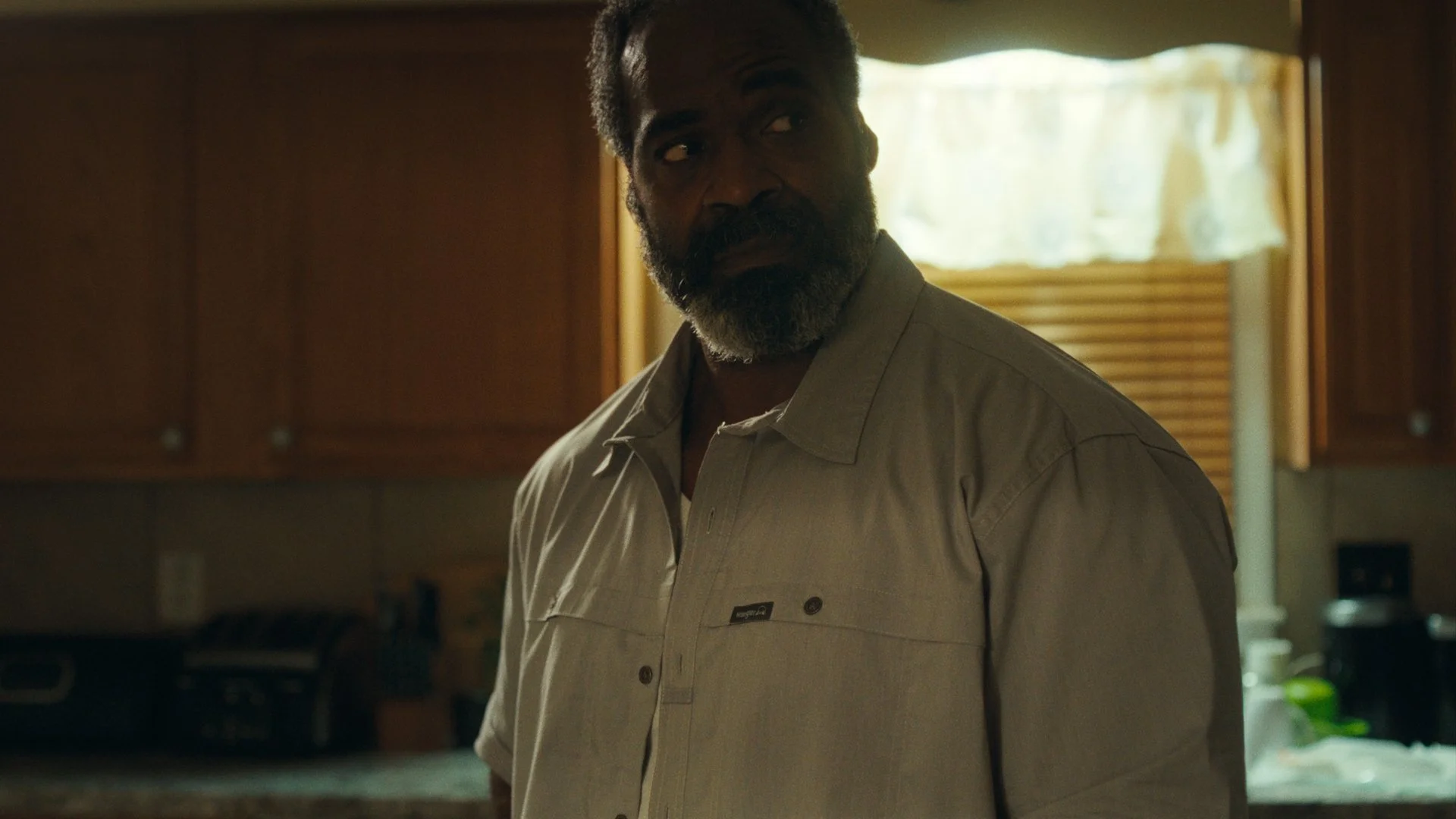DIRECTOR’S STATEMENT
Three years into my college studies, I dropped out and returned home to live with my family. For several years, I dealt with minor depression as I struggled to find my path in life. As I withdrew, I did what many young African American men do: instead of seeking medical help, I went to church. The pastor would often tell me stories of being a young man in the military, and how his service in the Korean War turned his life around. He insisted that a career in the military would help me too. Advice that many young black men, desperate for direction receive in their youth. One of these individuals is my friend, the basis for the character of Diondre Howell.
As I went back to university to finish my degree, my friend enlisted in the National Guard. Three weeks after my first day of class, the September 11th attacks happened. Shortly after, my friend was deployed to Iraq and he was never the same. I often wondered if this could have been me had I enlisted.
YOUNG KING deals with themes of a culture of toxic masculinity, guns, and religion. This film deals with the fact that the consequences of war never stay confined to a foreign battlefield. The psychological effects of war on the men and women that serve often go under-reported, untreated, and it is the families of soldiers who are the least prepared to deal with these challenging problems.






